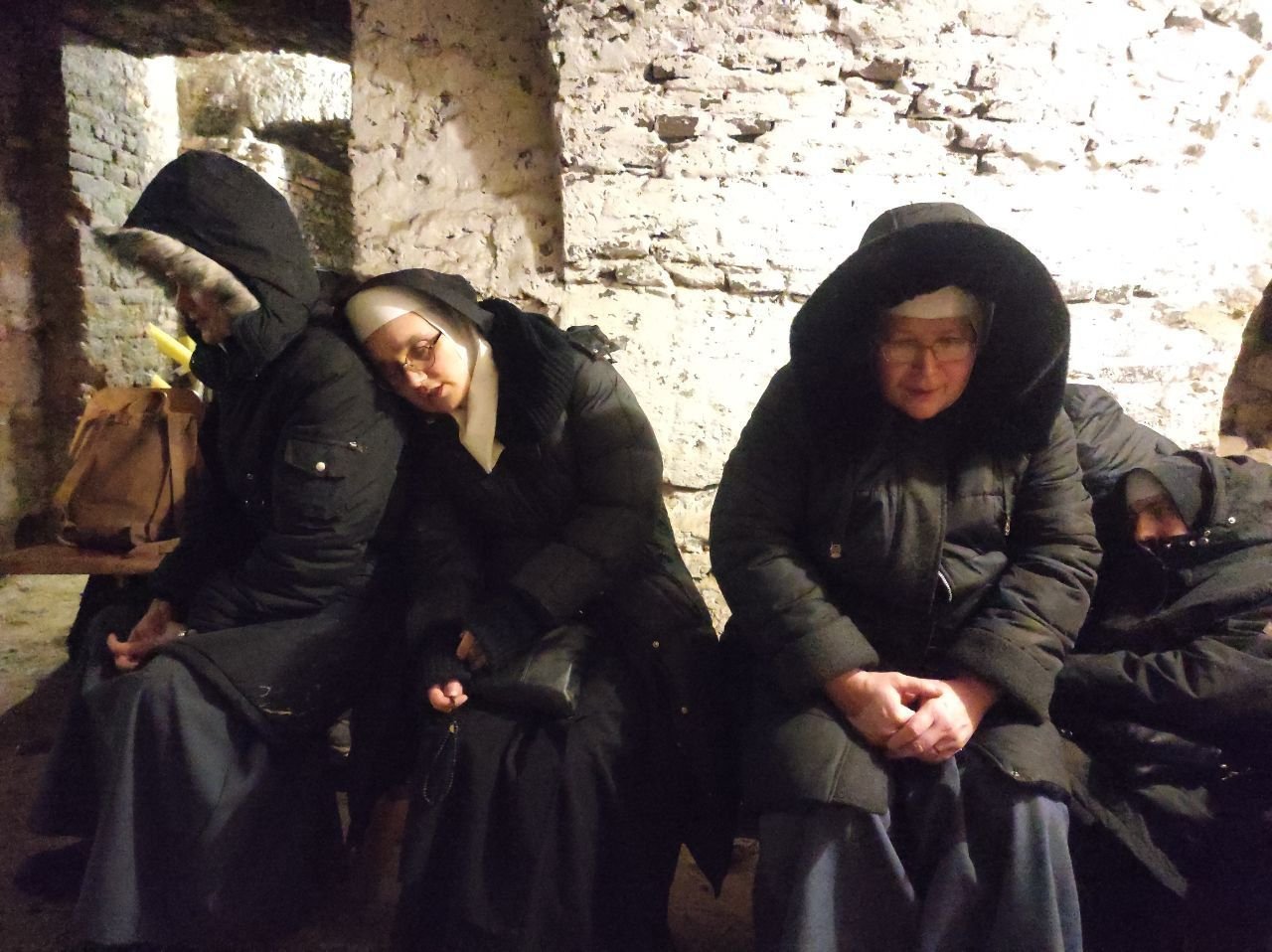Senior Government sources have been reported as saying that further change in abortion law is unlikely before the next general election.
Sources cited by the Irish Times confirmed that Health Minister, Stephen Donnelly, is working on an “options paper” to address the findings of an Oireachtas Health Committee report into a Review of the operation of the abortion law that recommends radical changes.
This will be brought to the Cabinet Committee on Health where Ministers will discuss the proposals.
There is a growing reluctance within the Coalition, however, around making further changes, with one senior source saying it is hard to envisage any major change prior to the general election. Another Government source said they were not sure how much appetite there is for legislative change.
“There’s a clear view in Government that it’s important to respect what people voted for as part of Repealing the Eighth (Amendment), while doing everything possible for women who need to use termination services,” a source said.
There is also a view within the Coalition that people are more worried about access to public services, the cost of living, housing and climate change.




















